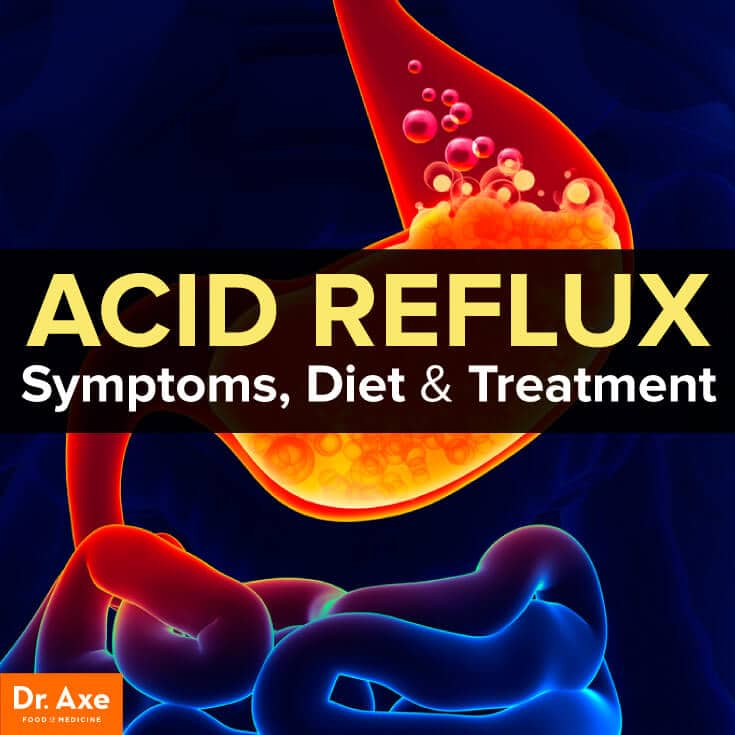Gastroesophageal reflux disease (gerd), also known as acid reflux, is a long-term condition in which stomach contents rise up into the esophagus, resulting in either symptoms or complications symptoms include the taste of acid in the back of the mouth, heartburn, bad breath, chest pain, regurgitation, breathing problems, and wearing away of the teeth. Gastroesophageal reflux disease (gerd) is a result of. Gastroesophageal reflux disease, commonly referred to as gerd or acid reflux, is a condition in which the liquid content of the stomach regurgitates (backs up or refluxes) into the esophagus the liquid can inflame and damage the lining (esophagitis) although visible signs of inflammation occur in a minority of patients.
gastroesophageal reflux disease (gerd) is a result of
Gastroesophageal reflux disease (gerd) is a chronic condition in which patients suffer troublesome symptoms and/or complications as the reflux of stomach contents occurs gerd is a common disease worldwide with the range of estimated prevalence 181–278% in north america, 88–259% in europe, 25–78% in east asia, 87–331% in the middle east, 116% in australia and 230% in south. 1. introduction. gastroesophageal reflux disease (gerd) [] is an extremely common but complex disease characterized by recurrent reflux symptoms significantly associated with chest pain, dysphagia, dyspepsia, and globus sensation, leading to impaired quality of life, and is associated with a high disease burden [].gerd may increase the risk of developing bipolar disorder, sleep problems, and. Gastroesophageal reflux disease (gerd) gastroesophageal reflux (ger) *occurs as a result of backward flow of stomach contents into the esophagus *produces symptoms by exposing the esophageal mucosa to the irritating effects of gastric or duodenal contents, resulting in inflammation..


0 comments:
Post a Comment